News & Announcements
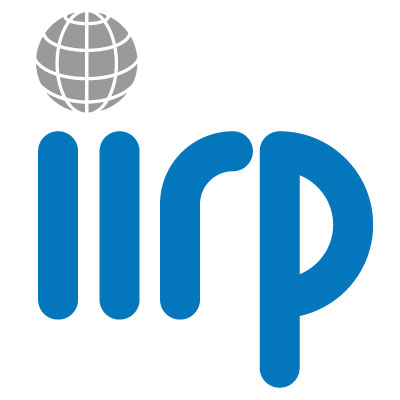 The International Institute for Restorative Practices (IIRP) invites applications for an individual to join the faculty as both a researcher and instructor at the world's first graduate school wholly devoted to restorative practices.
The International Institute for Restorative Practices (IIRP) invites applications for an individual to join the faculty as both a researcher and instructor at the world's first graduate school wholly devoted to restorative practices.
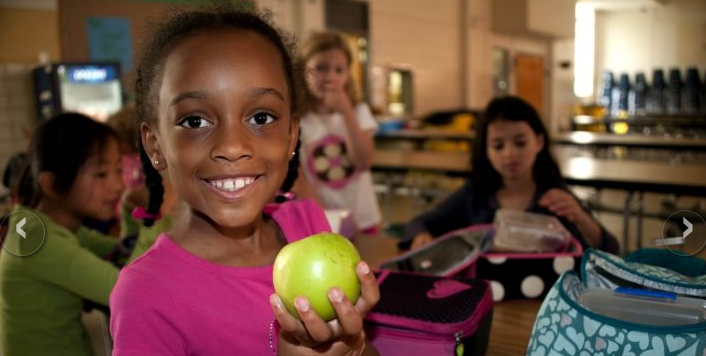
In the past few years, we have seen the inequitable, negative impact of zero-tolerance policies on African American boys, in particular. These policies, however, have had a similarly harmful impact on African American girls.
In September, Monique Morris, Ed.D., author of Pushout: The Criminalization of Black Girls in Schools (The New Press, 2016), participated in the White House Rethink Discipline conference. In October, Dr. Morris presented at Restoring Community: 21st IIRP World Conference in Bethlehem, Pennsylvania.
Dr. Morris, who has been a scholar and social justice activist for over two decades, discussed the experience of African American girls in schools.

Brave New Films presents this short, animated film, which explains how restorative justice holds offenders accountable in ways that punitive criminal justice does not. Director of Common Justice Danielle Sered provided the narration.
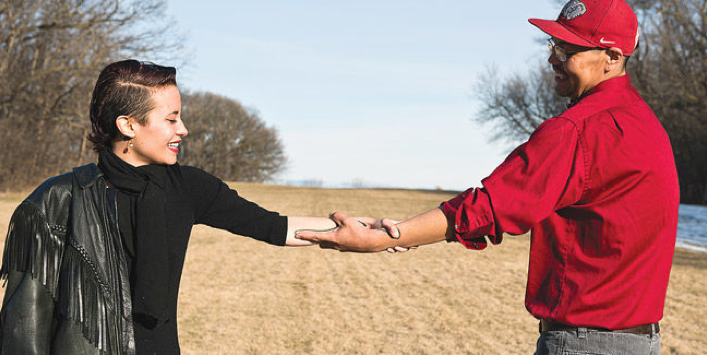 Patty and Dereck Stonefish, the founders of Arming Sisters/Reawakening Warriors, were featured in a Restorative Narrative by ivoh fellow Christa Hillstrom. (Photo by Dan Koeck/YES! Magazine)
Patty and Dereck Stonefish, the founders of Arming Sisters/Reawakening Warriors, were featured in a Restorative Narrative by ivoh fellow Christa Hillstrom. (Photo by Dan Koeck/YES! Magazine)
Engagement, empowerment and resilience — concepts integral to restorative practices — are also informing the development of a new genre of media and journalism called Restorative Narrative. Images of Voices and Hope (ivoh), a nonprofit that will present at the IIRP World Conference in October, believes that Restorative Narratives can enable media to create meaningful, positive change in the world.
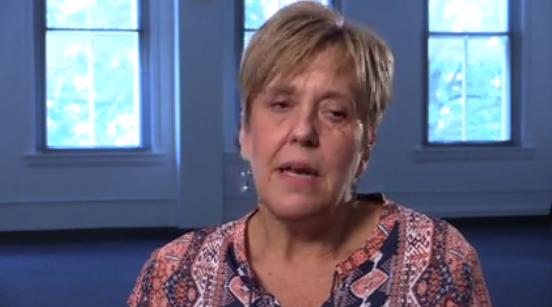
Through the IIRP’s SaferSanerSchools Whole-School Change program, IIRP Lecturer and Instructor Mary Jo Hebling is helping hundreds of schools across the U.S. — urban to rural — including those in Detroit, Philadelphia, Newark, N.J., and Baltimore — implement restorative practices. In this video, she emphasizes that engaging students and parents in training and implementation makes a huge difference in improving school climate.
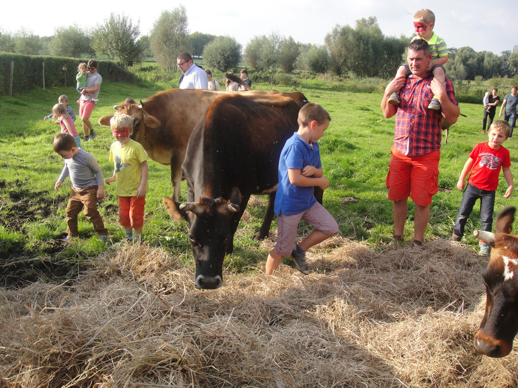 The people at the Belgian nonprofit, Ligand, are enhancing communication and relationships among young people and families, as well as the surrounding community. With innovation as their driving force, Ligand's staff continually reexamine and transform their practices to meet the evolving needs of the people they serve. As Ligand leader Stijn Deprez declares, "Working restoratively asks for innovation every day."
The people at the Belgian nonprofit, Ligand, are enhancing communication and relationships among young people and families, as well as the surrounding community. With innovation as their driving force, Ligand's staff continually reexamine and transform their practices to meet the evolving needs of the people they serve. As Ligand leader Stijn Deprez declares, "Working restoratively asks for innovation every day."

Restorative circles are building relationships and mutual understanding at a refugee camp in Belgium. The camp, like many others across Europe, is crowded with asylum seekers fleeing conflicts in Iraq, Syria and Afghanistan. In this environment of tension, hope and clashing cultures, circles are enabling people to be heard and resolve their conflicts. This work has the potential to improve conditions for refugees everywhere.
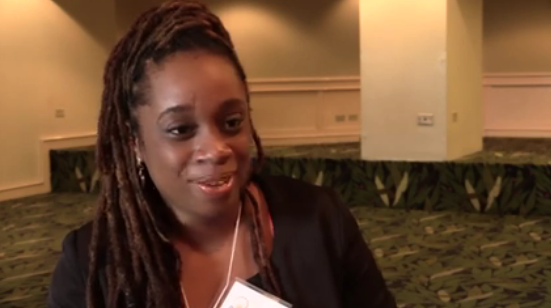
In this video, Keisha Martinez, a music therapist and adjunct lecturer at the University of the West Indies, discusses what she enjoyed most in her classes at the International Institute for Restorative Practices (IIRP) Graduate School.
Michael J. Gilbert, Ph.D., is dedicated to changing society by bringing together professionals in the fields of restorative and community justice who seek to repair harm and relationships and restore the safety of communities.
He has been executive director of the National Association of Community and Restorative Justice (NACRJ) since its founding in 2013 and a professor of criminal justice for nearly 50 years. Now associate professor of criminal justice at the University of Texas at San Antonio, Dr. Gilbert has collaborated for more than 10 years to help build NACRJ, a national nonprofit membership association for those working to cultivate a more humane and effective alternative to the dominant, punitive paradigm in criminal justice and related fields. He will present on the NACRJ’s vision, “Toward a Safe, Just, and Equitable Society,” at the 21st IIRP World Conference in October.

In May and June, the International Institute for Restorative Practices (IIRP) participated in three important national conversations on major issues facing the nation’s communities, colleges and schools.
“Restorative practices is very much becoming accepted as an emerging social science,” comments IIRP President John Bailie, Ph.D. “Some of the best minds around the country accept that our field has some of the most innovative and promising solutions to civil society’s biggest challenges.”
